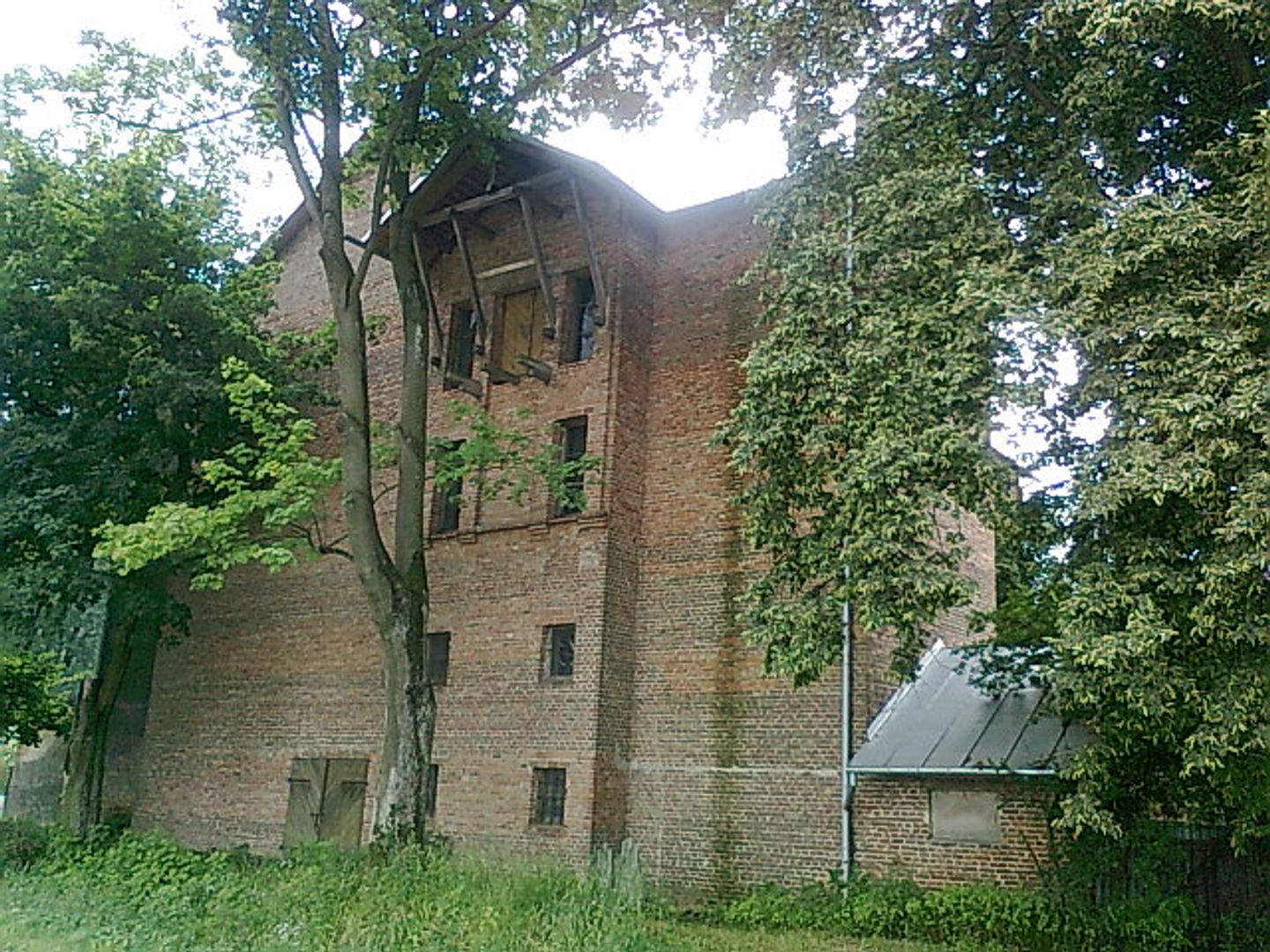Babin
6.28

Overview
Babin is a village in the Lublin Voivodeship, located in the Bełżyce municipality, on the Krężniczanka River, with a rich history dating back to the 14th century. First mentioned in the documents of Prince Władysław Łokietek in 1311, it was a noble settlement that passed through the hands of various owners, including the Pszonek family, who played a key role in its development. In the 16th century, Babin became an important economic center, where in 1910 the first dairy cooperative in the municipality was established, and its residents were known for milk production. The village also had strong weaving traditions. The architecture of Babin is a blend of traditional rural buildings and manor houses, one of which was remodeled at the beginning of the 20th century by Klemens Osiecki. During World War II, Babin stood out for the patriotism of its inhabitants, who actively resisted the occupation by establishing a resistance movement. In 1940, the "Jedność" Food Cooperative was founded, supporting local citizens. During the communist era, the village underwent changes associated with the establishment of a State Agricultural Farm (PGR), which influenced the development of infrastructure, including the construction of schools and housing for employees. Babin was awarded the Commander's Cross of the Order of Polonia Restituta for its contributions to the development of the region. The village, with its firefighting traditions and active farming communities, has survived to this day, preserving the memory of its historical and cultural heritage.
Location
2026 Wizytor | All Rights Reserved